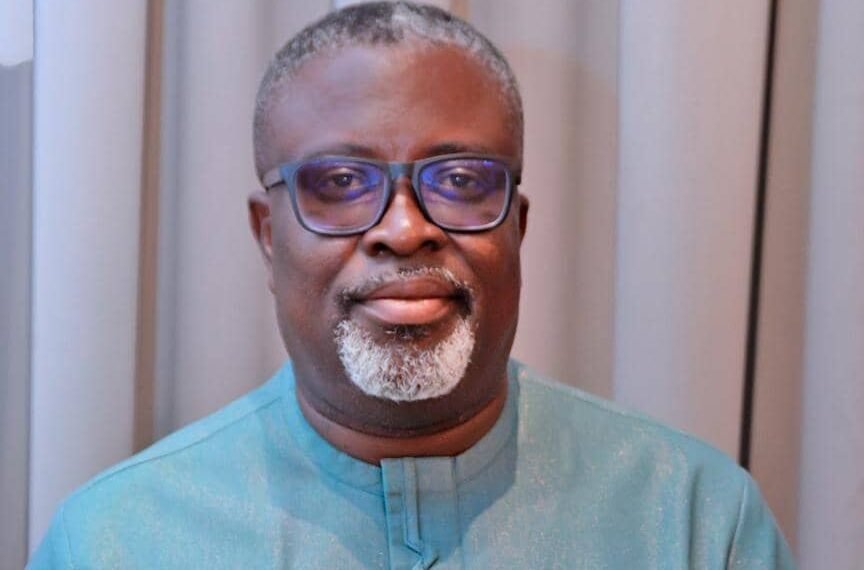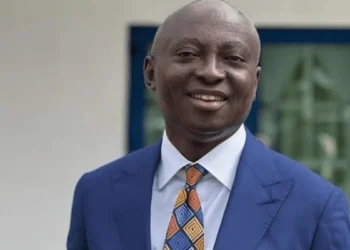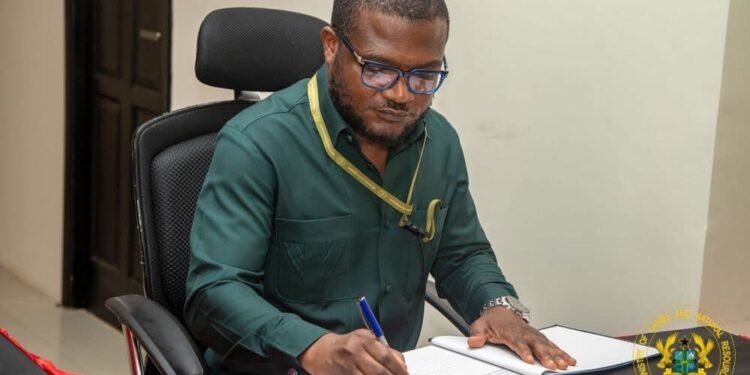The Central Regional Chairman of the National Democratic Congress (NDC), Dr. Richard Kofi Asiedu, has officially ceased using the academic title “Professor” following a formal caution from the Ghana Tertiary Education Commission (GTEC), which declared his usage of the title unlawful under Ghana’s education regulatory laws.
In a public statement, Dr. Asiedu acknowledged receipt of GTEC’s directive and affirmed his compliance.
“As a law-abiding citizen, I have duly obliged the notice by GTEC and have accordingly ceased using the title of professor”
Dr. Richard Kofi Asiedu, Central Regional Chairman of the NDC
The development follows GTEC’s letter dated July 28, 2024, which warned Mr. Asiedu against the use of the honorary title without fulfilling the legal academic requirements stipulated in the Education Regulatory Bodies Act, 2020 (Act 1023).
According to the Ghana Tertiary Education Commission, its caution to Mr. Asiedu is grounded in Section 8(4)(d) of the Education Regulatory Bodies Act. The provision prohibits the use of academic titles that have not been legitimately earned.
GTEC noted that this was not its first engagement with the NDC regional chairman. The commission said it had previously written to him on June 2, 2025, demanding he provide evidence of having removed the title from public platforms and submit credentials justifying his academic standing.
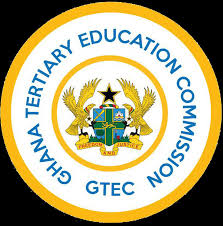
Despite the prior warning, GTEC said Mr. Asiedu continued to use the title “Professor,” prompting the latest intervention.
In his response, Mr. Asiedu explained that the title was conferred on him by Alfred Nobel University in Ukraine in recognition of his efforts toward human development. He maintained it was honorary and used it for three years in good faith.
“I did not know that honorary titles could not be used until this prompting by GTEC,” he stated. He added that he would now revert to using his PhD title, which he earned through research in 2012. He also urged the general public to respect the change and respond accordingly.
Broader Crackdown
The Ghana Tertiary Education Commission has, in recent months, intensified its campaign against the misuse of academic titles across sectors.
The issue, which has become increasingly concerning, was underscored by the arrest of two officials from Nyarkotey College who were allegedly running unaccredited academic programmes.
The Commission has warned that it is prepared to prosecute individuals who continue to use the “Dr.” title based on honorary doctorates or who falsely claim “Professor” titles to deceive the public. GTEC’s actions are part of broader institutional efforts to preserve the integrity of Ghana’s tertiary education system and uphold the law.
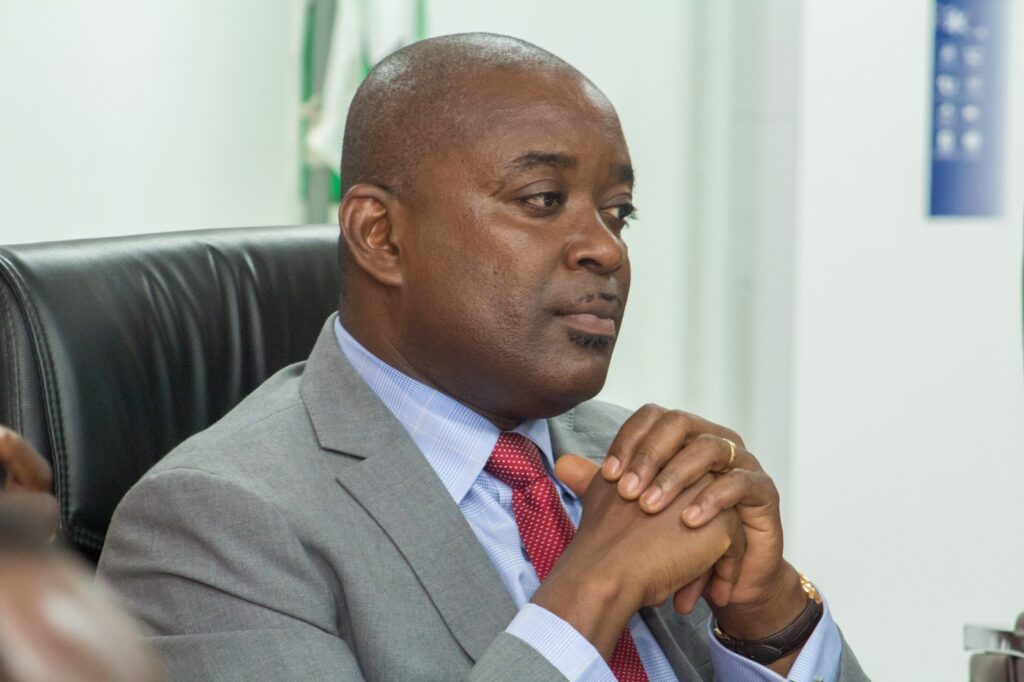
Vice Chancellors of Technical Universities of Ghana have also raised alarm about the growing trend of fraudulent academic titles, identifying it as a serious threat to the credibility of academic institutions in the country.
Beyond enforcement, education advocates have called for increased transparency. Kofi Asare, an education policy consultant, urged GTEC to go a step further by naming and shaming offenders.
“GTEC is doing a good job. Aside from writing to them, publish a full list of persons using unrecognized academic titles; from businessmen, clergy, politicians, chiefs to academia. And copy all media houses”
Kofi Asare, Education Policy Consultant
The GTEC clampdown has drawn public interest, particularly because it touches on influential individuals in politics, religion, traditional leadership, and academia. The Commission has maintained that “no one is above the law,” and that only earned academic titles may be used in official or public capacities.
GTEC said it remains committed to investigating all reports of academic title abuse and has reiterated that consequences await those who ignore its warnings.
Public Compliance and Legal Reminder

Dr. Asiedu’s decision to drop the “Professor” title, while late, marks a rare case of political leadership acquiescing to academic regulatory authority in the face of public scrutiny.
It also reinforces GTEC’s statutory mandate to clean Ghana’s academic space of deceptive credentials.
The Ghana Tertiary Education Commission, under the law, retains the authority to investigate, sanction, and where necessary, refer matters to law enforcement. The Commission continues to encourage institutions and the public to report incidents of academic fraud.
As Ghana’s education system faces challenges with the authenticity of qualifications, regulators appear to be asserting stronger oversight. Dr. Asiedu’s case may serve as a precedent for other political and public figures who misuse academic honours for legitimacy or prestige.
READ MORE: Xandy Kamel Tackles Body Shaming in New Film

